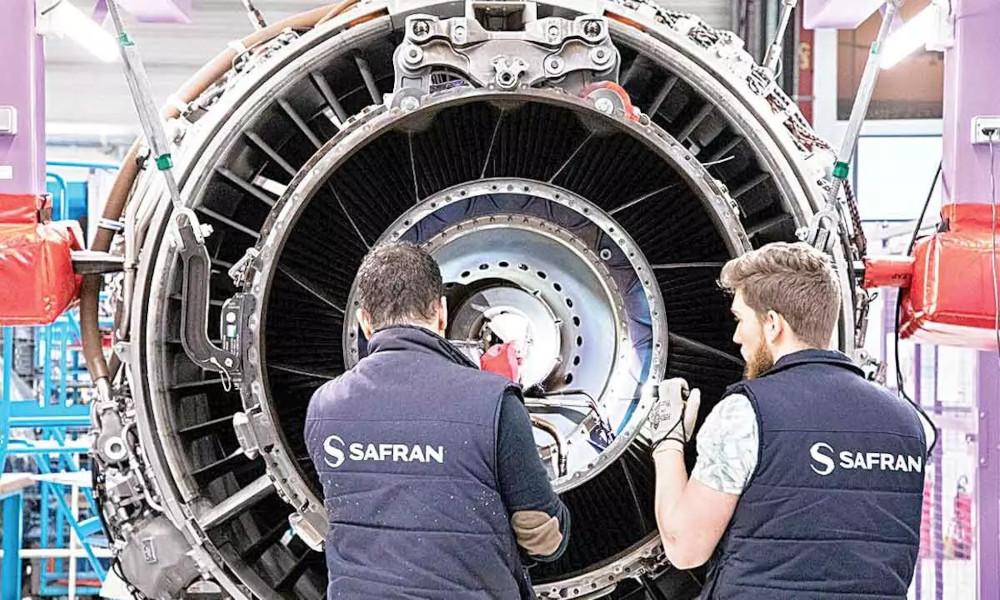
Worldwide CFM engine cycles are back at 97% of pre-pandemic levels.
With worldwide CFM engine cycles back at 97% of pre-pandemic levels, the co-owners of the manufacturer were able to count on robust services growth in 2022.
French OEM Safran reported 29% higher civil aftermarket sales for the year, thanks in part to growth in spare parts sales. Safran’s civil aftermarket comprises its spares and MRO business.
Within its aerospace propulsion segment, which revolves around the CFM56 and Leap engines, services sales rose from €4.6 billion ($4.9 billion) in 2021 to €6 billion last year. This compared with €3.52 billion from new engine sales. During the year Safran delivered 1,136 Leap engines, up 34% on 2021.
However it also cut off supply of all goods and services to Russia, which in the latter case encompassed support for CFM engines powering about 500 Airbus and Boeing aircraft in Russia
“The suspension of all commercial exports (products and services) to Russia and the halt of all operations in the country represents a loss of business of approximately 2% of revenue,” Safran stated.
There was also a write-down of €23 million of assets from its Shannon Engine Support venture with AerCap due to leased engine assets becoming stranded in Russia.
Looking ahead, Safran CEO Olivier Andries repeated that the company was looking to increase the proportion of time and material maintenance contracts in relation to rate-per-flight-hour deals.
In line with that strategy, he said Safran wants to increase third-party involvement in Leap maintenance, while noting that “third parties can only join when Leap behavior is well understood, as is the case with the CFM56.”
He also noted that the company already has some time and material and licensing arrangements for Leap support—usually with airlines that have strong in-house technical arms.
On flight-hour-based deals, meanwhile, Andries pointed out that higher-than-expected inflation in 2022 would feed into escalation formulas in those contracts to act as a “tailwind” for rates this year.




